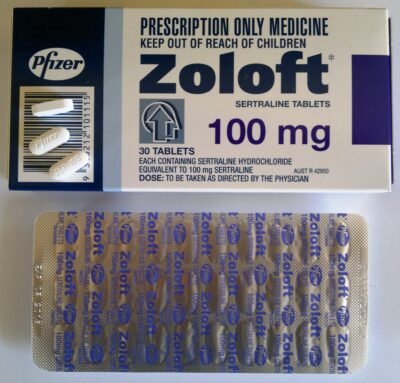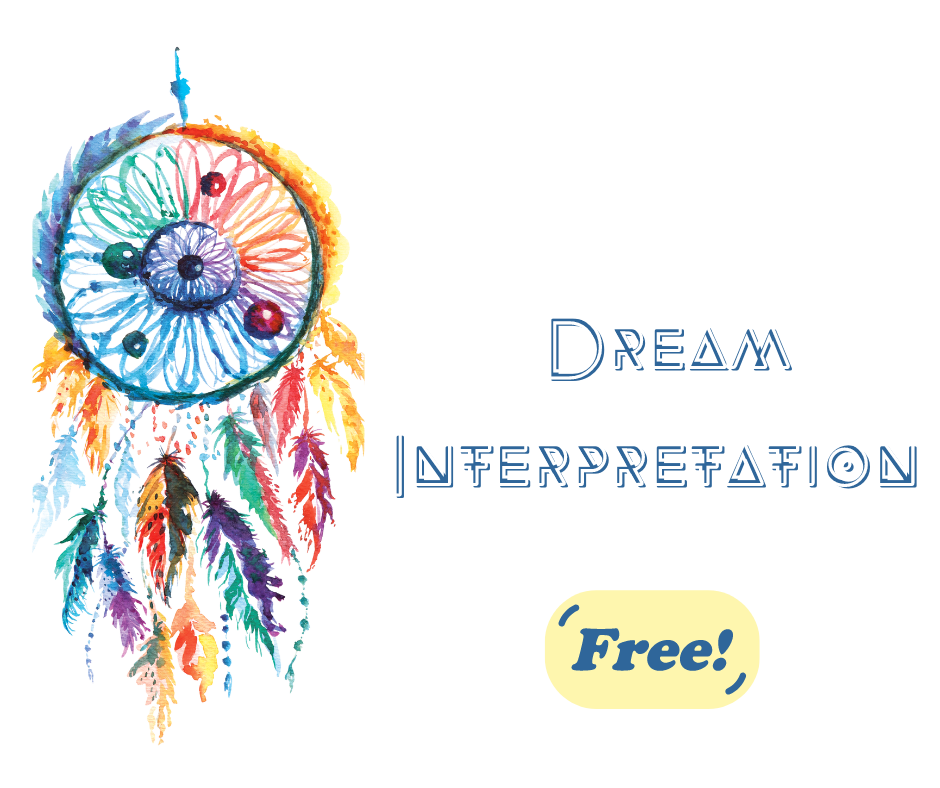Zoloft (a trade name for Sertraline) is an antidepressant, which is used for the treatment of a number of disorders/issues, ranging from OCD (Obsessive-compulsive disorder) to panic disorder and major depressive disorder. While Zoloft is indeed a rather efficient solution for such problems, it – like all medications – comes with a number of side effects, one of which is insomnia.

First introduced in 1991 by Pfizer, Zoloft is nowadays a generic medication, a month’s worth of which costs only some $1.50. With that in mind, it is hardly surprising that it has grown into the second most often prescribed antidepressant and psychiatric medication in the US.
While the benefic effects of medications are supposed to outweigh their side-effects (most of which are obviously undesired), with the Zoloft-insomnia link, the side effect defeats the very purpose of the pill, making suffering worse for some patients, instead of better.
If you are an insomnia-sufferer on account of Zoloft, or just someone prescribed Zoloft for the first time, you will want to know:
- What are the odds that Zoloft will trigger insomnia problems in users?
- Why and how does Zoloft cause insomnia (the mechanics of the actual Zoloft-insomnia link)?
- How can you deal with Zoloft-induced insomnia?
- How long is this insomnia problem likely to last?
- Should you arbitrarily stop using Zoloft?
Let us try to answer these questions, one step at a time.
Studies have shown that about a third (33%) of Zoloft users grow to be affected by insomnia during their treatment. Those aren’t bad odds but they are not particularly good either.
Interestingly, the same studies have discovered that those most likely to be affected by Zoloft insomnia were patients treated for OCD.
Among women treated for PMDD (Premenstrual Dysphoric Disorder), the prevalence of insomnia is in the neighborhood of 10%.
The Zoloft-insomnia link
To understand why this medication results in insomnia issues with such high incidence, one has to look at the way Zoloft acts through the lens of the serotonin-melatonin “axis.”
Sertraline (the active substance in Zoloft) acts as a serotonin reuptake inhibitor. As such, it effectively increases the extracellular levels of this “feel-good” hormone, thereby eliciting its depression-fighting, anti-obsessive effects.
Those who understand the nature of proper/healthy sleep, understand however that serotonin is a sort of opposite of melatonin – the sleep-promoting, “dark” hormone.
Long story short: while serotonin promotes well-being and a general feeling of happiness/alertness while awake, as bedtime approaches, it slowly gives way to melatonin, which slows the organism down, making one drowsy and setting one up for the onset of sleep.
It is thus clear that there has to be a balance between serotonin and melatonin, as well as a proper alternating mechanism. Zoloft unfortunately messes with that balance, and the results are often adverse.
In addition to promoting Serotonin (by inhibiting its reuptake, due to its affinity for SERT – the serotonin transporter), Sertraline also shows affinity for DAT (the dopamine transporter) inhibiting the reuptake of dopamine too, to a certain degree. This dopamine-promoting action is not significant though, when compared to Sertraline’s effects on serotonin reuptake.
Adding elevated dopamine to the above equation does not help the cause of healthy sleep much either.
Serotonin dominance during bedtime (combined with some dopamine) is the recipe for bad sleep. It causes vivid dreams, frequent and anxious awakenings during the night, and difficulties going to sleep.
Due to the above described mechanism of action, Sertraline (Zoloft) is generally more activating than other SSRI drugs – again: bad news for insomnia sufferers.
Obviously: yes.
In theory, the boosting of serotonin in the morning and the boosting of melatonin in the evening, promotes healthy sleep. This “boosting” most sleep specialists talk about though, is a natural one.
The dimming of the lights in the evening, the avoidance of looking at bright screens (TV, laptop, phone) and the eating of certain foods, all fall into this category.
The same goes for serotonin boosting in the morning (letting the light in, perhaps opening the windows to get some fresh air, the consumption of serotonin-boosting foods in the morning etc.).
As such, practices like the above might help with your Zoloft insomnia too – to a certain degree.
The problem is however that given the very long half life of Sertraline (26 hours), daily use of Zoloft will inevitably lead to continuously increasing serotonin levels in your body (until the point of saturation defined by the peak plasma level is reached).
This explains why some Zoloft insomnia sufferers won’t be able to find relief through the above practices.
Shifting the time of Zoloft ingestion to the morning instead of the evening is still worth a try though.
The use of sleep-aid medication may help too, but for that, the sufferer will obviously have to ask for his/her doctor’s assistance.
Zoloft-induced insomnia may also subside over time, as the organism of the user gets more accustomed to the presence of perpetually increased serotonin levels.
How quickly can you expect such an effect to come into play?
It usually takes a few weeks for these insomnia-related symptoms to ebb away, into a more manageable form. The problem never really goes away, but its severity diminishes noticeably.
The bad news is, that for some people, this effect of natural alleviation never comes about – their symptoms remain as unbearable as they are on day one, throughout the Zoloft treatment.
Can you simply discontinue Zoloft use if you feel you can no longer deal with the insomnia it causes?
The sudden elimination of Zoloft from your daily regimen may result in something called “antidepressant discontinuation syndrome.”
This syndrome consists of various unpleasant symptoms, such as blurred thinking, foul mood, flu-like problems and yes: more sleep disturbance.
These symptoms should subside naturally after a few days, but in some rare cases, they can be so violent that a re-introduction of the treatment is required, followed by a gradual tapering-off.
If you want to stay on the safe-side and you have made up your mind about quitting Zoloft, let your doctor know, and follow a gradual dosage-reduction schedule, that will spare you the above said ill-effects.
The bottom line
In addition to insomnia, Zoloft can produce a number of other side-effects, just as bothersome and unpleasant (it can theoretically even cause serotonin toxicity syndrome).
The “perverted” thing about Zoloft insomnia is though that insomnia is a known cause and promoter of depression – the very problem Zoloft is supposed to address.
Thus, one can wind up in a vicious, Zoloft-fueled circle of depression and insomnia, in which case, a different approach to the problem needs to be considered.


